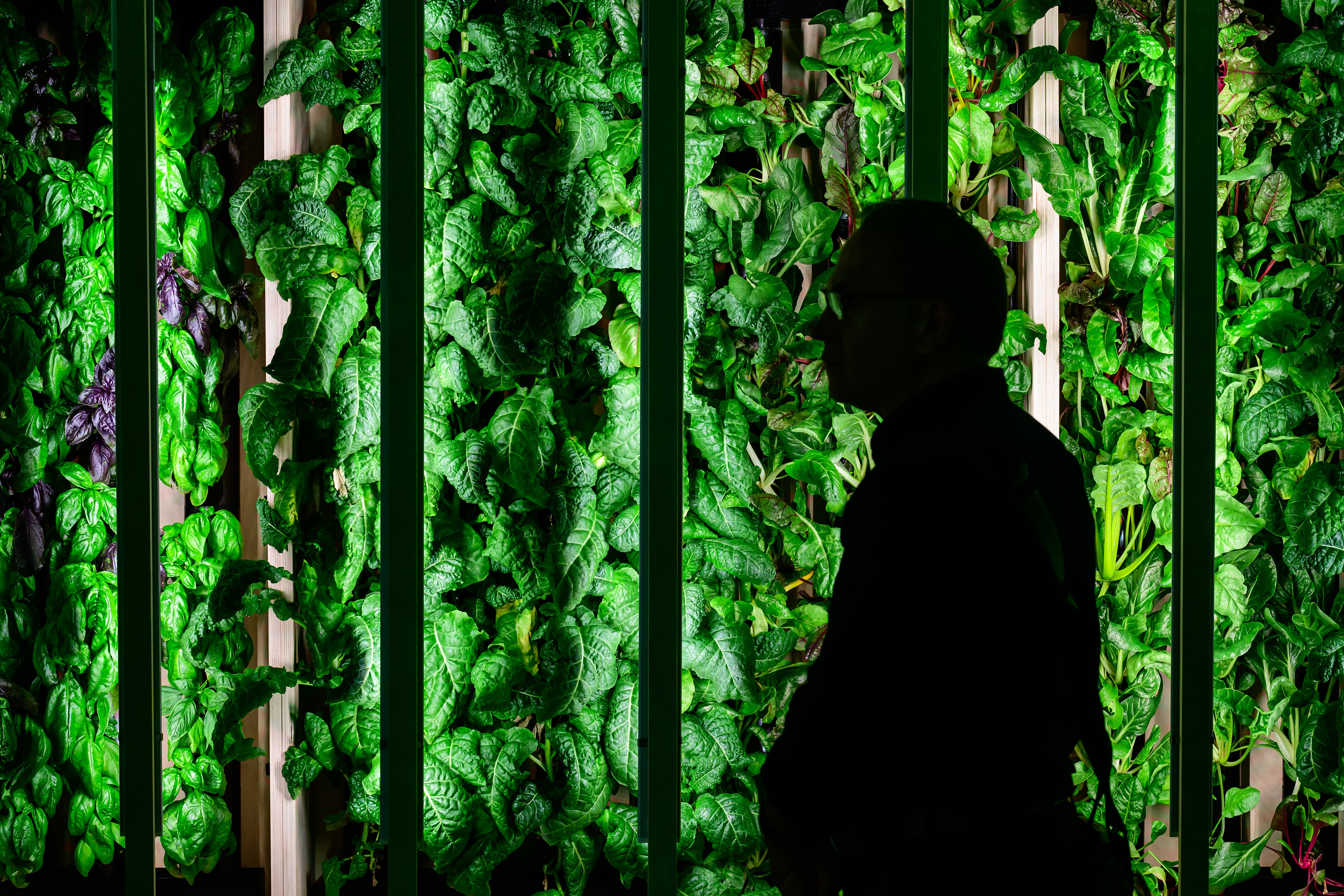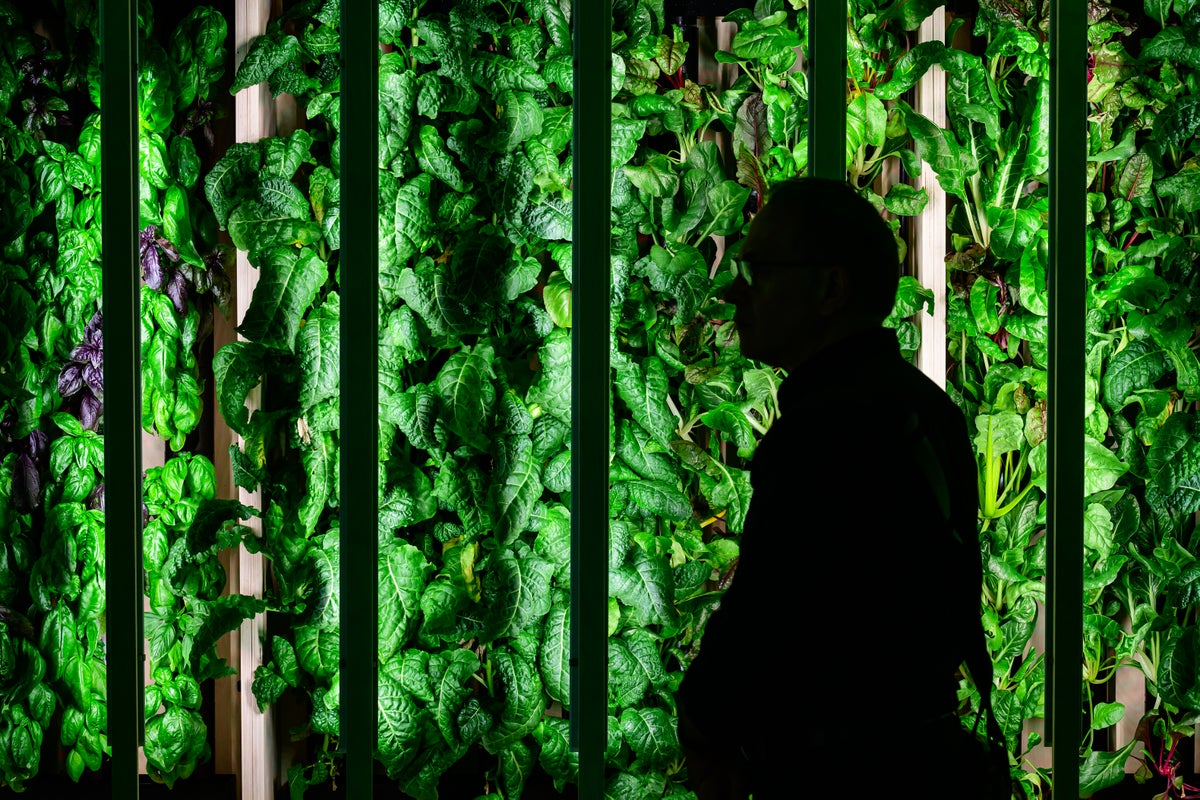Basil is a summer salad staple and go-to for Italian recipes – but its benefits go far beyond just adding flavor to a dish.
Once used for embalming rituals in ancient Egypt, the member of the mint family can boost your health.
“Basil is a great source of vitamin K, especially dried basil leaves. Vitamin K helps strengthen your bones. It also plays a big role in your blood’s ability to clot. But that’s just the tip of the iceberg,” registered dietitian Gillian Culbertson explained to the non-profit Cleveland Clinic.
“Basil contains nutrients and compounds that can help stave off chronic diseases, including cancer, diabetes, heart disease and arthritis,” she added. “On top of that, basil has antibacterial and anti-inflammatory benefits. And it may even boost your mental health, depending on the variety and form that you use.”
That’s a lot of punch for a little, green leaf! So, why can basil be so beneficial?

Basil leaves are a rich source of antioxidants. The same is true for all common types, such as sweet basil, genovese basil, purple basil and holy basil — although they may taste different.
Antioxidants are vitamins and minerals that prevent cell damage and are found in many foods. A diet high in antioxidants can help to reduce the risk of chronic disease. Without antioxidants, the cells can be damaged, leading to serious health conditions including arthritis, cardiovascular issues and cancer.
“There is a growing body of evidence that basil could be a powerful cancer prevention tool,” Culbertson said. “But researchers need to do more human studies to confirm these promising results and understand how much basil people should consume.”
Scientists previously found that sweet basil prevented the growth of human colon cancer cells, and that six types of basil had anti-cancer properties.

For those who already have cancer, basil’s vitamin C, zinc, and iron can help safeguard immune health, according to the UT Health San Antonio MD Anderson Cancer Center.
Additional research has shown basil acts to reduce high blood pressure and improve cholesterol levels. Both human and animal studies show it helps us manage high blood sugar levels, the Clinic noted. High blood sugar is linked to diabetes and kidney failure.
While there is no specific recommended amount to consume for health benefits, some extract tablets are between 250 and 500 milligrams. People can get them online or in wellness stores, as well as fresh, frozen or dried leaves. The leaves should be washed and cooked before consuming.
But, as with most things in life, beware too much of a good thing.
For some, eating basil could interact with medication and could thin their blood too much, Culbertson warned. It could also lower blood sugar and blood pressure too much.
“If you want to add basil to your diet to improve a specific medical condition, you should look to food sources first, not supplements, and you should speak with your healthcare provider as well,” she advised.


